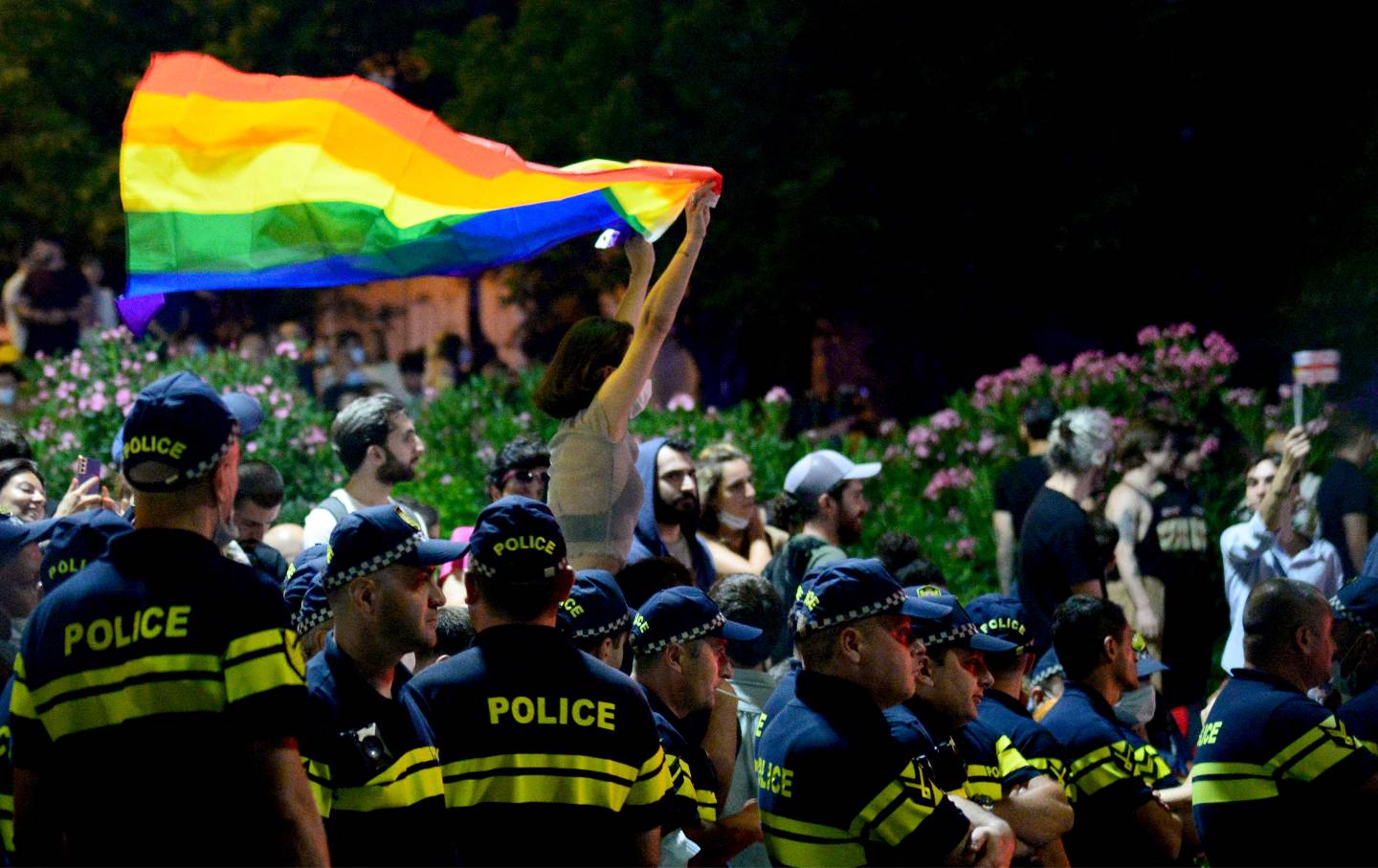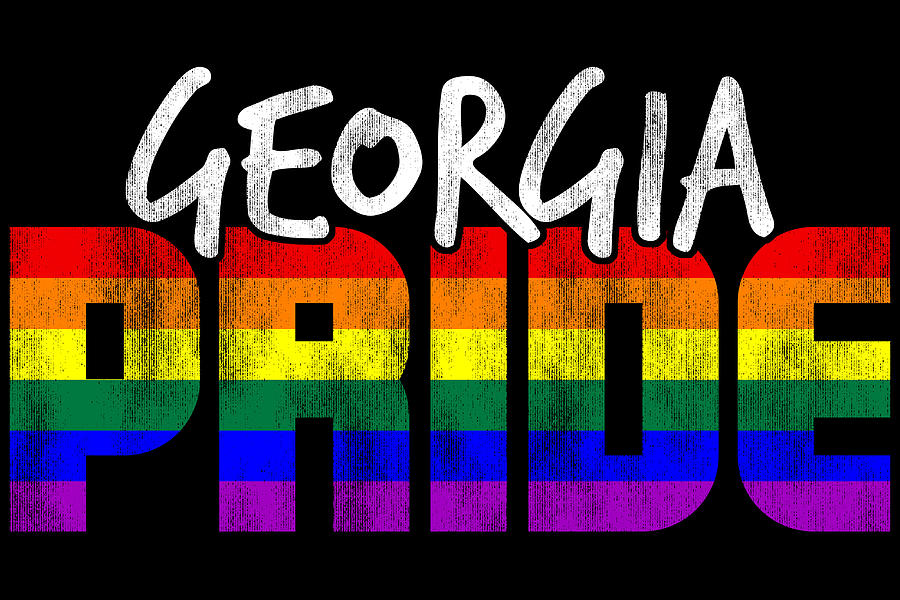Is Georgia turning back the clock on human rights? The nation's recent legislative moves targeting LGBTQ+ rights have sparked international condemnation and raised concerns about the future of democratic freedoms in the Caucasus region.
On September 17, 2023, Georgias ruling Georgian Dream party adopted a family values bill that critics argue severely restricts LGBTQ+ rights. This legislation, which includes bans on so-called LGBT propaganda and restrictions on adoption by non-heterosexual couples, has ignited a firestorm of debate, pitting the government against human rights organizations, the European Union, and many Georgian citizens. The bill's passage follows a series of troubling developments, including a proposed law in December 2022 that sought to ban public assemblies and demonstrations related to LGBTQ+ rights. These actions raise fundamental questions about Georgia's trajectory and its commitment to international human rights standards.
| Name: | Shalva Papuashvili |
| Position: | Speaker of the Parliament of Georgia |
| Political Party: | Georgian Dream |
| Key Role: | Announced the Georgian Dream party's initiation of the "family values" bill on June 4, 2023. |
| Reference: | Parliament of Georgia |
The implications of these legislative actions extend far beyond the LGBTQ+ community. The European Union, a key partner for Georgia, has expressed deep concern over the erosion of fundamental rights. The EU previously halted Georgia's bid to join the bloc in 2022 following the passage of a controversial "foreign influence" law and froze some financial support. The recent "family values" bill further complicates Georgias relationship with the EU and jeopardizes its aspirations for closer integration with the West. The EUs criticism underscores the broader international concern over the shrinking space for civil society and democratic discourse in Georgia.
Read also:Unmasking Marshmello Who Is Chris Comstock
At the heart of this controversy lies a clash of values and political agendas. The Georgian Dream party, founded by billionaire Bidzina Ivanishvili, justifies the restrictions as necessary to protect children from what they deem Western propaganda. This rhetoric resonates with a segment of Georgian society, particularly those influenced by the conservative views of the Georgian Orthodox Church, which actively advocated for government regulation of LGBTQ+ propaganda in 2023. However, critics argue that these measures are a thinly veiled attempt to suppress dissent and consolidate power. The governments actions, they contend, exploit societal anxieties and religious sentiments to divert attention from pressing economic and political issues.
The justification for these restrictions, often framed around protecting traditional family values, reveals a deeper struggle over national identity and Georgia's geopolitical orientation. The narrative of Western influence employed by the Georgian Dream party echoes similar rhetoric used by other governments in the region seeking to justify crackdowns on human rights. Mamuka Mdinaradze, the leader of Georgias parliamentary majority, cited a Gallup poll showing 20% of Generation Z in the USA identifying as LGBT as evidence of the potential impact of "LGBT propaganda." However, critics argue that this misrepresents the data and uses it to fuel a moral panic.
The international community is watching closely as events unfold in Georgia. Human rights organizations have condemned the legislation, warning that it creates a hostile environment for LGBTQ+ individuals and further marginalizes an already vulnerable population. The silencing of LGBTQ+ voices and the curtailment of their rights represent a significant setback for democratic progress in the region. The future of LGBTQ+ rights in Georgia remains uncertain, but the struggle for equality continues, even in the face of increasing challenges. The international community must remain vigilant and continue to advocate for the protection of fundamental human rights for all Georgians.
The debate surrounding LGBTQ+ rights in Georgia reflects a complex interplay of factors: historical context, evolving social norms, geopolitical pressures, and the struggle for political power. The "family values" bill passed in September 2023 is not an isolated incident but part of a larger pattern of government actions that raise serious concerns about the future of democracy and human rights in the country. The road ahead for LGBTQ+ rights in Georgia is long and arduous, but the fight for equality and inclusion must continue.


